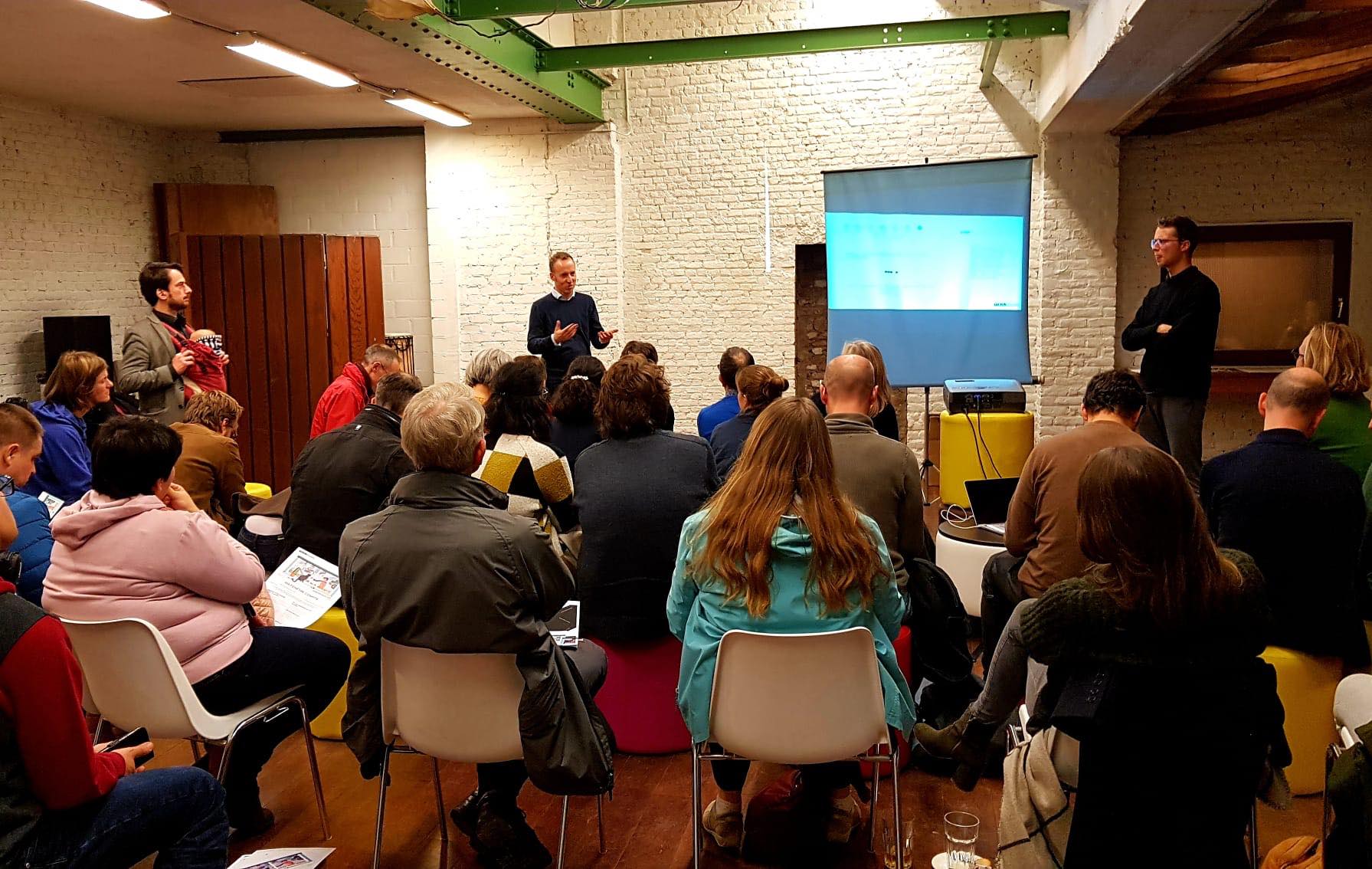
Wecount: Policy Brief on the Covid impact on citizen science activities
EU-Citizen.Science
Oct. 21, 2020, 3:02 p.m.
WeCount is a two-year project that wants to work with local citizens and community groups to explore urban mobility challenges. In WeCount, citizen will collect traffic data using an autonomous sensor: Telraam.
WeCount as a project has been affected by the Covid crisis, impacting the citizen engagement strategy but also clearly revealing the value of citizen science in a Covid-crisis situation.
Published as a policy brief, WeCount reflected on the impact of the COVID-19 pandemic on citizen science activities.
First of all, Hybrid strategies with limited face-to-face interaction in combination with online events can replace classical citizen engagement activities such as workshops.
Spreading the engagement activities and choosing for a hybrid approach allows for more engagement activities with fewer attendees, which leads to a stronger involvement of the participants. Citizens who may otherwise be reluctant to do so, will now more easily accept digital engagement formats, providing an opportunity to WeCount and Citizen Science projects.
Secondly, WeCount’s potential to assist in providing data for urban mobility planning, particularly at the local level, is highlighted by the COVID-19 pandemic: The data gathered during the lockdown period, particularly in Belgium where more sensors were already up and running, managed to clearly show the substantial changes that came along with the lockdown, allowing to inform policy-makers on the traffic counting data and mobility patterns before, during, and after the lockdown. This information is of extreme importance, particularly in assisting the planning of urban mobility, considering that citizen’s mobility patterns were and will continue to be influenced by their concerns about safety (i.e. less usage of public transport, more uptake of cycling, etc.).
In May 2020, the European Commission published the communication “COVID-19: Guidelines on the progressive restoration of transport services and connectivity”. This document proposed a strategy for restoring transport services, as Member States recovered from the outbreak of the coronavirus and gradually lifted their lockdowns. WeCount’s concept can, at local level, assist governments in better adapting overall EU-level strategies and proposed solutions, to their specific mobility setting.
As such, WeCount insists Citizen Science should be one of the cornerstones behind co-creation processes both for policy-making and research and innovation initiatives. EU funded proposals of Research and Innovation Programmes (i.e. Horizon Europe), aim to pay special attention to co-creation processes and designs. This will entail a participatory policy-making and research and innovation development that is a result of a process conducted with people, rather than on behalf of people.
Citizen Science and the methodology developed and employed in WeCount can serve as an additional tool to actively involve citizens in this process, allowing them to identify what the local urban mobility priorities are, contribute to their co-design, data collection and analysis. An overall sense of ownership in the creation process of policies leads to higher acceptance of measures, while ensuring that they are closer to citizen’s needs and expectations.